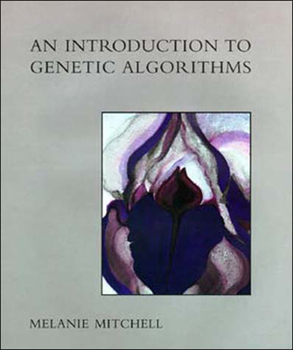An Introduction to Genetic Algorithms
(Part of the Complex Adaptive Systems Series)
Select Format
Select Condition 
Book Overview
The descriptions of applications and modeling projects stretch beyond the strict boundaries of computer science to include dynamical systems theory, game theory, molecular biology, ecology, evolutionary biology, and population genetics, underscoring the exciting "general purpose" nature of genetic algorithms as search methods that can be employed across disciplines.
An Introduction to Genetic Algorithms is accessible to students and researchers in any scientific discipline. It includes many thought and computer exercises that build on and reinforce the reader's understanding of the text. The first chapter introduces genetic algorithms and their terminology and describes two provocative applications in detail. The second and third chapters look at the use of genetic algorithms in machine learning (computer programs, data analysis and prediction, neural networks) and in scientific models (interactions among learning, evolution, and culture; sexual selection; ecosystems; evolutionary activity). Several approaches to the theory of genetic algorithms are discussed in depth in the fourth chapter. The fifth chapter takes up implementation, and the last chapter poses some currently unanswered questions and surveys prospects for the future of evolutionary computation.
Related Subjects
3D Graphics Algorithms Artificial Intelligence Artificial Life Computer Science Computers Computers & Technology Education & Reference Evolution Genetic Genetics Graphic Design Graphics & Multimedia Human Vision & Language Systems Machine Learning Programming Programming Languages Science Science & Math Science & Scientists Science & Technology Textbooks Theory of Computing












